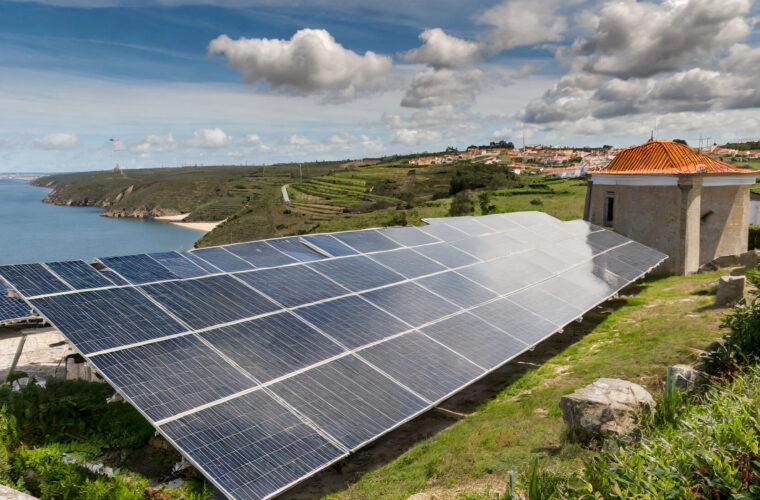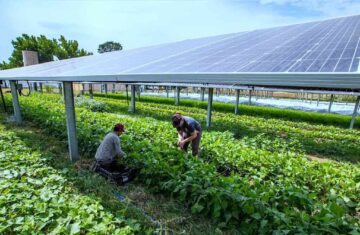The Rise of Solar Energy in Portugal
Solar energy has emerged as one of the most significant renewable energy sources in Portugal, contributing to the country’s ambitious climate goals and energy independence. With its abundant sunlight and supportive policies, Portugal is well-positioned to capitalize on solar energy. This article explores the current state of solar energy in Portugal, its potential, challenges, and future prospects, backed by official statistics and credible sources.
Understanding Solar Energy
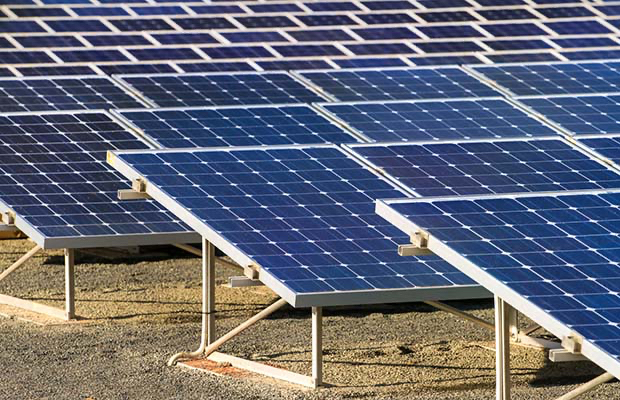
What is Solar Energy?
Solar energy is the energy harnessed from the sun’s rays using various technologies, primarily photovoltaic (PV) systems and solar thermal systems. Solar energy can be utilized for:
- Electricity Generation: Converting sunlight into electricity using solar panels.
- Heating Applications: Using solar thermal systems to heat water for residential and commercial use.
Importance of Solar Energy in Portugal
Solar energy plays a crucial role in Portugal’s energy landscape. As of 2022, solar energy accounts for approximately 15% of the country’s total electricity generation. This growth is driven by the need for sustainable energy solutions and the reduction of greenhouse gas emissions.
Current Solar Energy Capacity in Portugal
Installed Solar Capacity

As of 2022, Portugal’s total installed solar capacity reached approximately 5,600 MW. This capacity has seen remarkable growth over the past decade, making Portugal one of the leading countries in solar energy adoption in Europe.
Key Statistics
- Total Installed Solar Capacity: 5,600 MW
- Annual Solar Energy Generation (2022): Approximately 10 TWh
- Percentage of Total Electricity Generation: 15%
Major Solar Energy Projects in Portugal
Portugal is home to several significant solar energy projects, which have contributed to its rapid growth in solar capacity:
- Póvoa de Varzim Solar Farm: One of the largest solar farms in Portugal, with a capacity of 50 MW.
- Solar Plant in Serpa: An impressive facility with a capacity of 46 MW, contributing substantially to regional energy supply.
- Photovoltaic Systems Across Rooftops: Numerous residential and commercial installations have proliferated, driven by government incentives.
The Role of Solar Energy in Portugal’s Renewable Energy Strategy
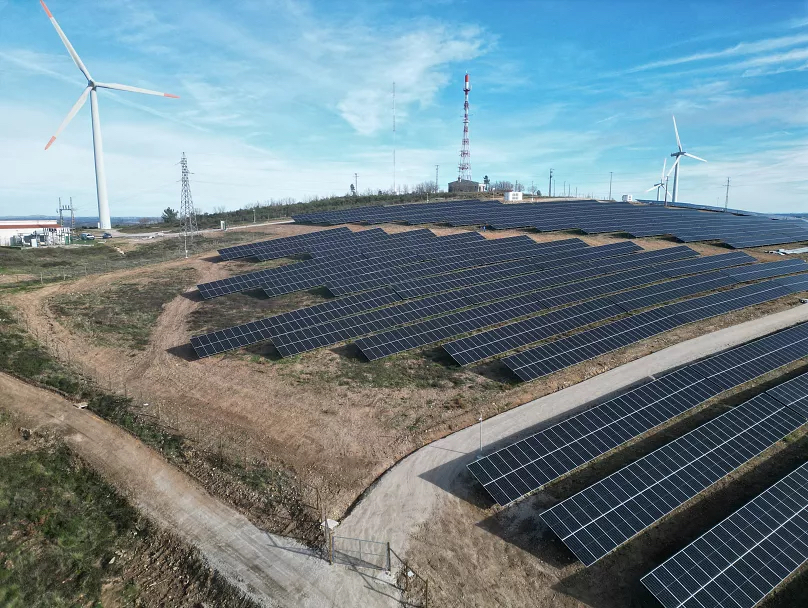
National Energy and Climate Plan (NECP)
Portugal’s National Energy and Climate Plan (NECP) outlines the country’s commitment to increasing the share of renewable energy sources. The plan aims for 80% of electricity generation to come from renewable sources by 2030, with solar energy expected to play a pivotal role.
EU Regulations and Support
As a member of the European Union, Portugal adheres to various regulations aimed at promoting renewable energy. The EU Renewable Energy Directive sets ambitious targets for member states, encouraging the adoption of solar energy.
Advantages of Solar Energy
Renewable and Sustainable
Solar energy is a renewable resource that produces minimal greenhouse gas emissions. It provides a stable and reliable source of energy, contributing to energy security and sustainability.
Abundant Resource
With an average of 2,800 hours of sunshine per year, Portugal has one of the highest solar potential rates in Europe. This abundance positions the country to harness solar energy effectively.
Economic Benefits
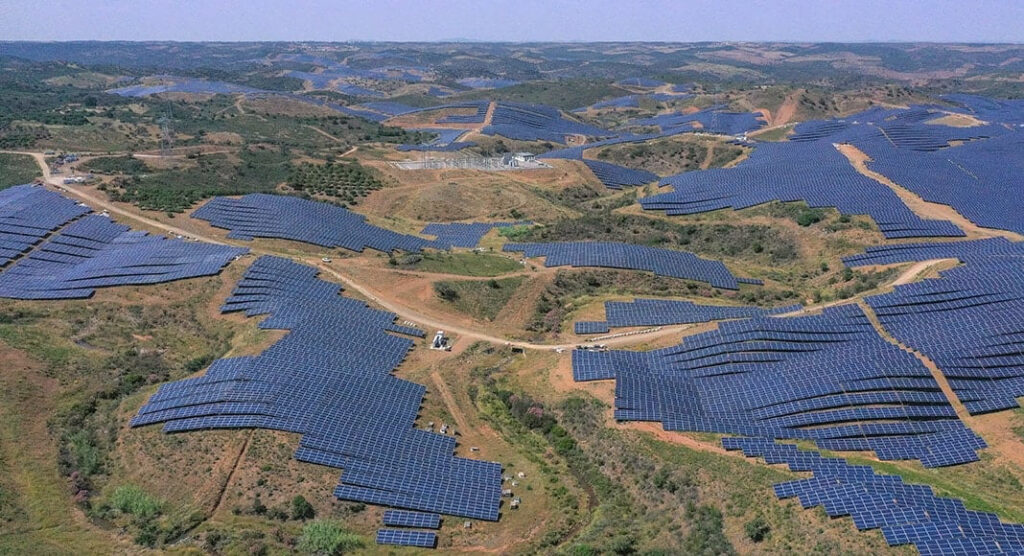
The solar energy sector creates jobs and stimulates local economies. According to the International Renewable Energy Agency (IRENA), the solar sector in Portugal could generate thousands of jobs by 2030 through installations, maintenance, and research.
Energy Independence
Investing in solar energy reduces reliance on imported fossil fuels. This energy independence is crucial for enhancing national security and stabilizing energy prices.
Challenges Facing Solar Energy in Portugal
Initial Investment Costs
Despite declining costs, the initial investment required for solar installations can be a barrier for some consumers and businesses. Financial incentives and subsidies are essential to encourage adoption.
Regulatory and Bureaucratic Hurdles
Navigating the regulatory landscape for solar projects can be complex. Delays in obtaining permits and approvals can hinder the development of new solar facilities.
Grid Integration
As solar energy generation increases, integrating this variable energy source into the national grid poses challenges. Developing smart grid technologies and energy storage solutions is essential for managing supply and demand effectively.
Future Prospects for Solar Energy in Portugal
Technological Innovations
Advancements in solar technology, such as bifacial solar panels and improved energy storage systems, can enhance the efficiency and output of solar energy generation. Continued investment in research and development is crucial for maximizing solar potential.
Expansion of Solar Farms
Portugal has the opportunity to expand its network of large-scale solar farms. By leveraging available land and investing in new technologies, the country can significantly increase its solar capacity.
Integration with Other Renewable Sources

Combining solar energy with other renewable sources, such as wind and hydropower, can enhance energy security and grid stability. This hybrid approach helps balance supply and demand, especially during periods of variable weather.
Community Solar Projects
Encouraging community solar projects can enhance access to solar energy for those who may not have suitable rooftops for installation. These projects allow individuals and businesses to invest in shared solar facilities, promoting local energy production.
Conclusion
Solar energy is a vital component of Portugal’s renewable energy landscape, offering numerous benefits for energy security, sustainability, and economic development. With its extensive capacity and potential for growth, solar energy can play a crucial role in achieving Portugal’s energy and climate goals. While challenges remain, technological innovations and supportive policies can help Portugal harness its solar energy potential for a sustainable future.
References
- National Energy and Climate Plan (NECP)
- International Renewable Energy Agency (IRENA)
- European Commission – Renewable Energy
- International Energy Agency (IEA)
- SolarPower Europe
